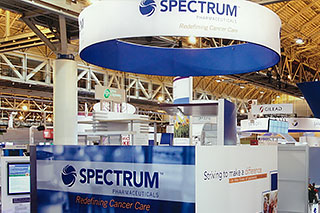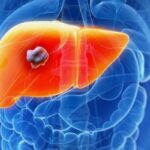Spectrum Pharmaceuticals Cuts 75% of R&D Jobs After FDA Declined Approval For Cancer Drug

Spectrum Pharmaceuticals, Inc. a biopharmaceutical company focused on acquiring, developing, and commercializing targeted oncology therapies says it will reduce three-fourths of its research and development workforce after the FDA declined to approve its lung cancer drug candidate. In response, Spectrum said it will deprioritize the poziotinib program, effective immediately.
The biopharmaceutical company said the 75 percent reduction in its R&D workforce will “generate the working capital required to support its strategic refocusing through 2024.”
The FDA issued a Complete Response Letter (CRL) to Spectrum Pharmaceuticals Inc’s indicating that the poziotinib application cannot be approved in its present form
Based on the CRL, the company would have to generate additional data, including a randomized controlled study, before approval.
“While we are not surprised by the CRL given the ODAC recommendation in September, we are disappointed. After multiple interactions with the FDA since ODAC, and following careful consideration, we have made the strategic decision to immediately de-prioritize the poziotinib program,” said Tom Riga, President & CEO.
The company will de-prioritize poziotinib program activities, effective immediately, and is reducing its R&D workforce by approximately 75%.
Based on the anticipated cost savings from the restructuring, Spectrum believes it will be able to generate the working capital required to support its strategic refocusing through 2024.
Spectrum will focus on driving growth for its recently launched commercial drug, Rolvedon (eflapegrastim-xnst) injection, to decrease the incidence of infection, as manifested by febrile neutropenia.
Rolvedon is estimated to have a market opportunity of approximately $2 billion. SPPI shares went down 5.93% at $0.4042 after the announcement.





